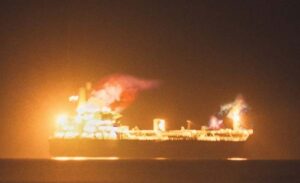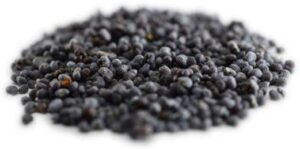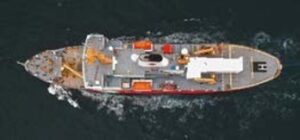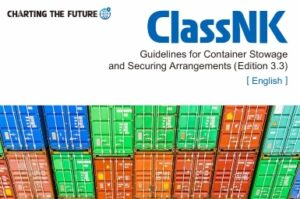
ClassNK has released new guidelines for those involved in container shipping, aiming to enhance the efficiency of container stowage while ensuring safety measures such as preventing cargo collapse.
According to ClassNK, these guidelines apply the latest expertise in weather forecasting, ship motion, and digital twin technologies. The newly released guidelines enable safer and higher-capacity container shipping by optimizing stowage based on weather forecasts for short-term voyages and by taking advantage of the roll reduction effects of anti-rolling devices. Continue reading “New guidelines to enhance efficiency of container stowage”
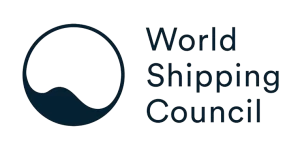

 The International Union of Marine Insurance (IUMI) presented its analysis of the latest marine insurance market trends – showing steady growth in premium income.
The International Union of Marine Insurance (IUMI) presented its analysis of the latest marine insurance market trends – showing steady growth in premium income.




